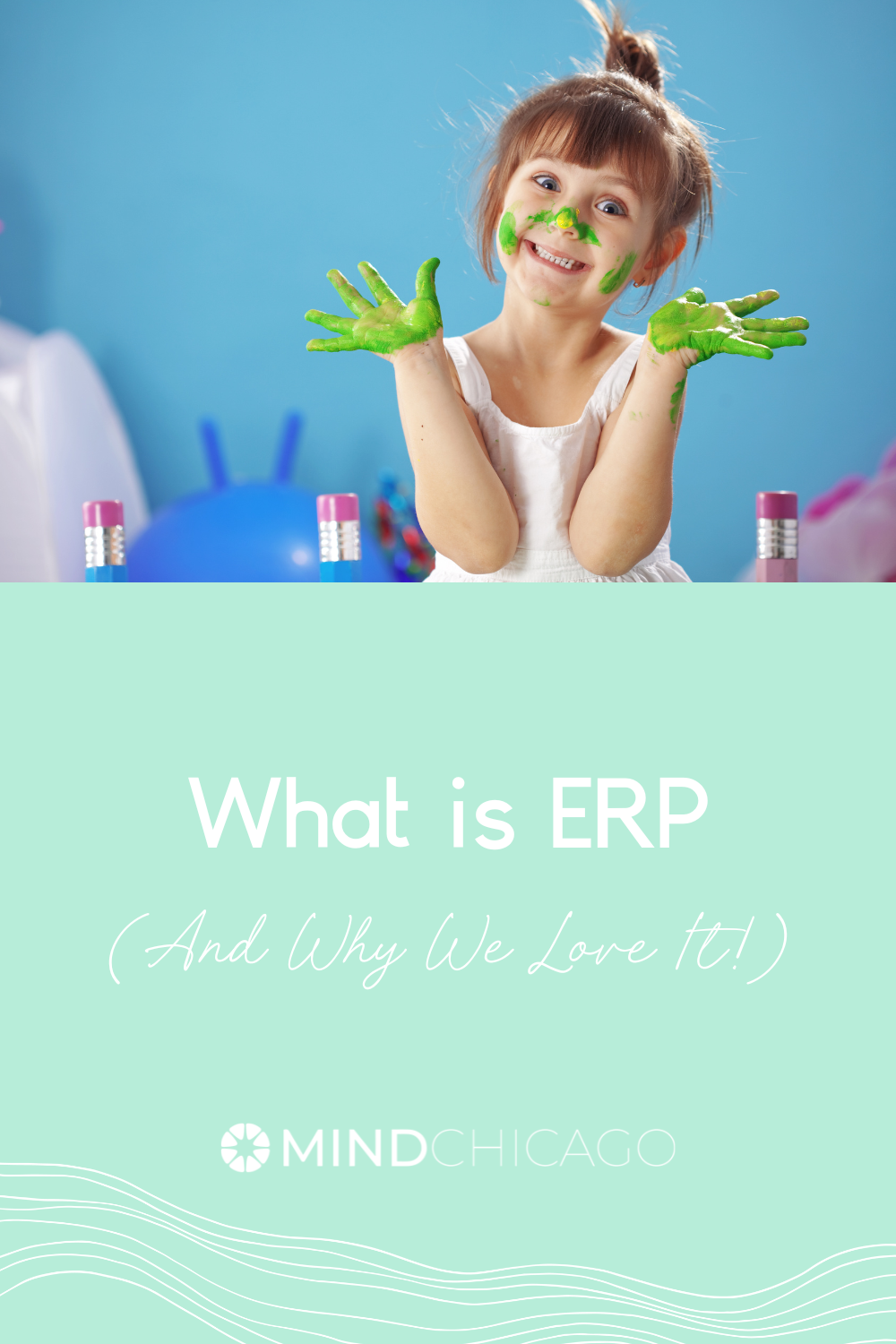Articles
We are committed to making information about mental health and therapy accessible to our community through articles and videos. Our clinicians take your questions and ideas and transform them into bite-size educational content to empower your wellness journey. What will you learn today?
Browse by Category
Anxiety & OCD
Parenting
ADHD
TherapY & Testing
Small Words, Big Respect: Why Pronouns Matter (and What Kids Can Teach Us)
This International Pronouns Day, let’s honor identities, start conversations, and learn from kids—because using correct pronouns is more than grammar, it’s respect.
OCD and LGBTQ+ Youth: What Families Should Know
OCD can twist the things LGBTQ+ youth care about most, but with affirmation, support, and parent-focused strategies like SPACE, families can help them feel seen, safe, and capable.
What is SPACE (& Why We Love It!)
SPACE empowers parents to support children and young adults with anxiety or OCD—even when they’re not ready for therapy—by building confidence, reducing accommodations, and strengthening family connection.
Emotion Coaching 101
If you’re a parent of a child with ADHD, you already know that emotional dysregulation can get in the way of your kid’s relationships, play, learning, and more. Learn how Emotion Coaching can help!
Teens & Sleep Deprivation
We all know that sleep is a crucial component of mental health. Learn how you can help your teen prevent sleep deprivation.
School Prep for LGBTQIA+ Families
Heading back to school can bring a mix of excitement and anxiety, especially for LGBTQIA+ kids—so it’s important for parents to have open conversations, update school records, and ensure safe, affirming spaces like restrooms and locker rooms are in place. Keep checking in throughout the year, and if you need extra support, therapists at Mind Chicago are here to help.
From Ally to Accomplice: Supporting Your LGBTQ+ Teen
Supporting our LGBTQ+ kids with love and affirmation is a beautiful beginning, especially during the ups and downs of adolescence. But we’re also invited to go a little further—into accompliceship—where we show up, speak out, and stand with them in everyday, wholehearted ways.
Why Kids Lie, and Why It's Okay
“Rachel did it,” I, at three-years-old, insisted when my parents asked why there was blue ink on our ecru walls and white couch. I was informing them that my sister, their devious daughter, was to blame. After a booming count to three (my father’s timeframe to “come clean”), I was punished for vandalism – and lying.
PCIT & ADHD: Coaching Parents, Transforming Connections
PCIT empowers parents of young children with ADHD through real-time coaching, helping them build stronger connections and manage behaviors with consistent, positive strategies. By focusing on parent skills rather than child-only therapy, PCIT improves attention, reduces stress, and strengthens family relationships.
Time Blindness and ADHD: Tips to Plan Ahead for College
Starting college marks a thrilling new chapter—but for students with ADHD, the transition can come with added hurdles, especially when it comes to managing time. Time Blindness, a common but often misunderstood aspect of ADHD, can make it feel like you're always running behind, despite your best intentions. In this blog, we’ll unpack what Time Blindness really is and share practical, ADHD-friendly strategies to help you navigate college life with more clarity, structure, and self-trust.
PRIDE Skills For Stronger Bonds
Feeling stuck in a cycle of constant correction? You're not alone—and you're not doing it wrong. But lasting change doesn't come from more correction... it comes from deeper connection. 💛
Communication Strategies That Work
In the world of parenting, communication is everything. Yet, when things get elevated—your child slams a door, talks back, or melts down at the grocery store—calm, effective communication can feel almost laughable. Parent Management Training (PMT) is an evidence-based approach that helps parents foster more helpful behaviors in kids and reduce challenging ones, all the while building a strong connection between parent and child.
5 Surprising Facts About Dyslexia & Reading
Dyslexia is one of the most common learning differences, affecting around 15-20% of people and making up the majority of diagnosed learning disabilities (about 80-90%!). But despite how common it is, misconceptions about dyslexia are everywhere.
Supporting Your Child’s Mental Health Amid Policy Changes: A Message from Mind Chicago
At Mind Chicago, we understand that parents are grappling with increasing uncertainty around the future of pediatric mental health care. We are here to provide you with support.
Your Zodiac Sign’s Year Ahead
Happy New Year, parents! As you step into 2025, here’s what your zodiac sign needs to make parenting smoother, funnier, and just a little bit more zen.
The OCD-ADHD Combo
Nearly one in five kids with OCD also have ADHD! This raises an important question: Can we effectively treat both OCD and ADHD at the same time? Yes, we can! Concurrent treatment for both conditions can yield better results!
What In The World Is Special Time?
Dealing with tricky behaviors at home? As silly as the term sounds sounds, Special Time may be the golden ticket to reconnecting with your child and improving their direction-following skills.
What is NVLD?
Since Gus Walz was thrust into the spotlight, everyone is curious about NVLD. So check out this short article all about NVLD!
Understanding Labeled vs. Unlabeled Praise
One of the critical components (arguably the most important element) of PCIT is the use of praise to reinforce positive behavior. In PCIT, praise is categorized into two types: labeled and unlabeled. Understanding the differences between these two types and their importance can help parents effectively encourage desirable behaviors in their children.






















